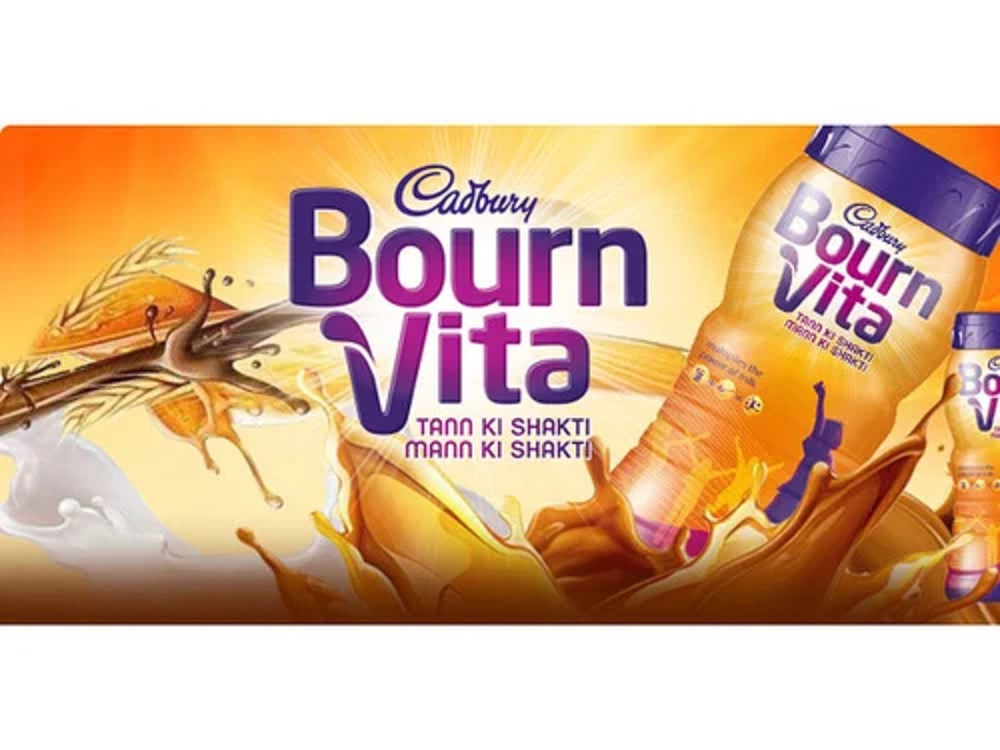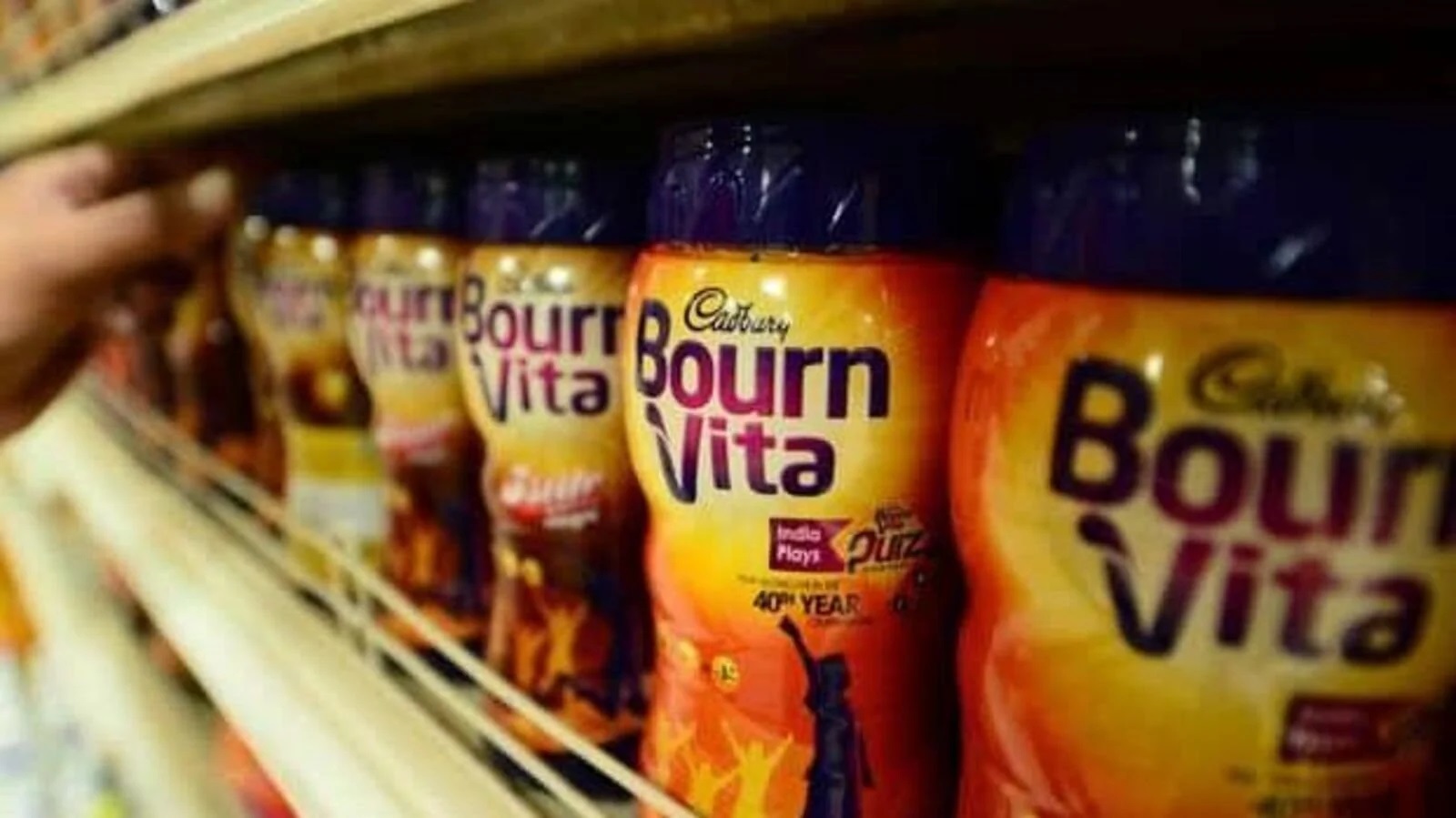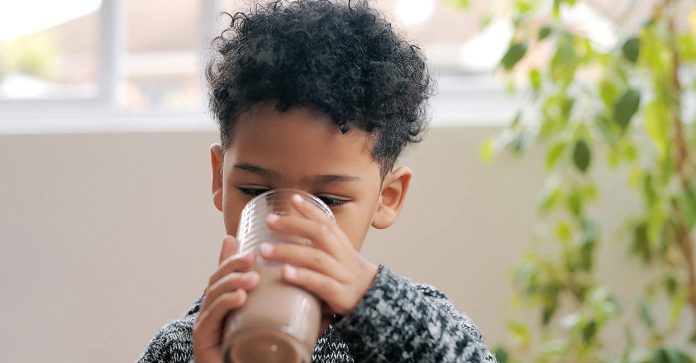- Every living Indian – the previous and the present generation – would have had more than one encounter with our mothers affectionately offering us healthy drinks as a supplement along with milk to ensure we grow stronger. Needless to mention, most of us would have relished what was on offer since the advertisements of the day mentioned that kids consuming those healthy drinks are going to become strong, intelligent, and healthier as they grow up. We were made to believe that not partaking in the available supplement would be detrimental to our overall well-being. Comparisons with other children were the order of the day since the mothers tended to exchange views on the matter extensively. Those were the times, and we all went diligently with the flow.

PC: Quora
- Call it a lack of awareness of whether the healthy drink being promoted extensively is indeed healthy or the pressure of being left out, all of us towed what our mothers believed was good for our growth. Can’t blame the mothers, though. Who did not want to be counted as the strongest boy or girl? And if merely adding the healthy drink alongside regular milk would propel us to that hallowed position of the strongest among the lot, why not? Now, that long-held notion appears to be under question going by the GOI advisory on categorizing Bournvita and other beverages as health drinks, following food safety authority FSSAI’s remark to e-commerce websites on April 2. FSSAI had asked for appropriate categorization of foods on sites.
- Further, it pointed out that since the term health drink was neither defined nor standardized in the 2006 food standards law, or any rules thereafter, no drink could claim to be healthy. Of course, FSSAI made the right call in tackling the nub of the issue – categorizing as a health drink. Remember, India has consumed malt-based beverages for generations as mentioned above. White beverages – such as Horlicks, Boost, and Bournvita – make up about 70% of the Rs. 14.4b market. Users are children across India, who reportedly consume three times more than the recommended values of added sugars. Some believe malt-based beverages should be seen as ultra-processed food, responsible for child obesity and teen diabetes. Rightly so.

PC: Reddit
- Yes, companies argue their formulations are clearly labelled, and that consumers make informed choices. But for decades they’ve been advertised as aids to stronger, taller, smarter growth. Shop sale is one thing, but on online stores, the ad is the product – all you do is click. Recall that a govt ban on the advertising of infant food and milk substitutes, for babies less than 24 months old, curtailed these products’ growth in India, promoting breast milk and home food. Worryingly, Indian food companies, and MNCs operating in India, advertise even snacks as healthy but resist labelling. What this episode highlights is the dire need for food safety regulations and monitoring. Nostalgic reminisces apart, what matters is a real healthy drink not the concocted one, you see.






